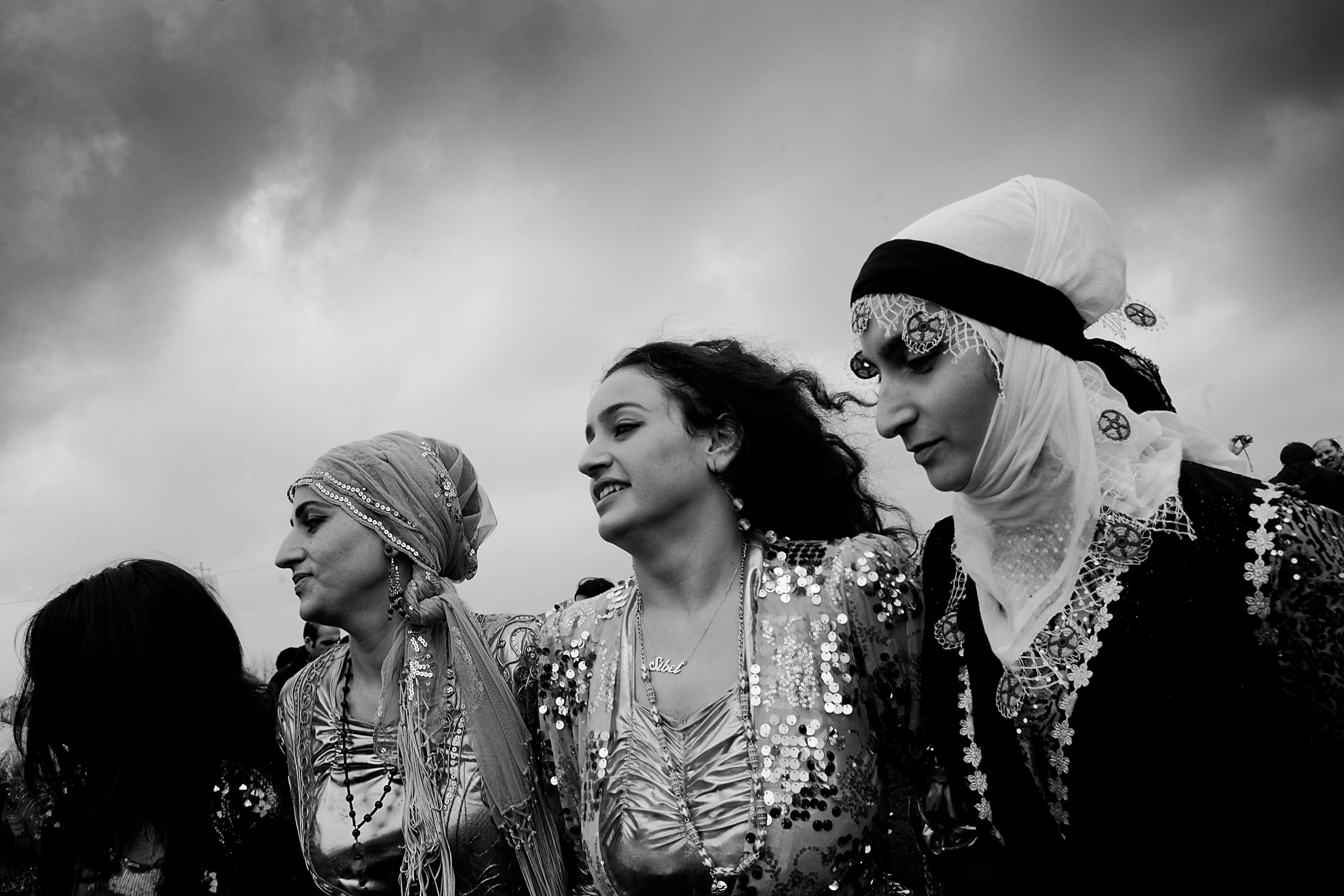The late British-American journalist and political analyst Christopher Hitchens once wrote, “For [Kurds] the act of survival, even identity itself, is a kind of victory.” These words might not seem profound to the naked eye, but have stuck with me ever since I read Struggle of The Kurds. [1] There it was, the underlining of a truth we have spent lifetimes looking for, without even knowing.
As human beings, nothing drives us as much as when we understand ourselves. In all societies, humans use symbolism to understand their world and everything in it, and Kurds are no exception to this. What differs though, is the distinction in how Kurds identify themselves compared to other nations. One can, for instance, link an inferiority complex to the unconscious perceptions Kurds have of themselves. An important question we need to ask as Kurds, is ‘have we understood ourselves at all’? Or, are we still contempt with outside definitions of who we are or ought to be? While engaging in research on Kurdish identity politics, I have come to realize that there is another side to the assimilation Kurds have been put through in history. There is the assimilation we experience today, the reverse assimilation. This type of assimilation has subconsciously been embodied throughout history, and has today become a part of us. A part we do not know of, it is our dark side of the moon. My understanding of this concept is that we have fallen victims of enemy lies throughout history, that at some point in time, we started to believe that the lies fed to us were actually our reality. Thus, Kurds are not only being suppressed by others, but also suppresses themselves.
Because Kurdish identity has been subordinated by other nationalities it has lead us to perceive anything and everything as a victory. Therefore, we do not demand what others demand, and we do not put pressure on others because we are afraid of what might happen. Let me give you an example, it once was brought to my attention that the President of the United States had mentioned Kurds, and Kurds spread the youtube video like wildfire. As I was listening to Barack Obama talking, the saying not everything that glitters is gold, hit me. Obama did mention Kurds in the video, but the content he was referring to was nothing to cheer about, as he stated that if a potential war broke out between the Kurds and Turkey, the US would stand by its fellow NATO country, Turkey. This brings me to my point; the bare mention of Kurds, without even knowing the context it was used in, was seen as a victory by many Kurds. Hence, as they were sharing the video with the title “President Obama recognizes Kurds,” they had not taken the time to comprehend that it was not a positive mention, or a recognition at all. I remember discussing this topic once, and someone said: but it is a big moment for us, because he talked about us. This comment justified my concerns of reverse assimilation and the inferiority complex. History is no strangers to Kurds, and I believe the time has come for us to not just settle with being mentioned here and there. Why shouldn’t Obama know of us? American politics has certainly dealt with us many times, but when will we have a saying in what is said about us? Not everything that glitters is gold. Unfortunately, we might not always realize this due to our troubled history and its complex proximity. The 21st century’s Kurds have, as survivors of decades of discrimination, forgotten how powerful they can be. What good is it to have survived, if you do not act like a survivor? It is as if our memories have been drained of any earlier assertiveness. As a consequence, we have lost the gift of fear, and do not dare to demand what is rightfully ours.
Memories are reconstructed every time we think of them. Although somewhere along the line, our remembrance of the past has became skewed, it is still up to us to define who we are. The Kurdish nation should no longer accept the past as a present definition. There have been numerous changes in the self-view of Kurds. We are no longer the victims of history, not if we stand together. In the end, it will be the level of our accountability that will either save us as a nation, or dig our grave. Nevertheless, we must, like the American poet Ralph Waldo Emerson said: be our own before we can be another’s. So with these last words I will part with you for now: My Kurdish people, be not afraid, because we were born to do this.
[1] Ch., Hitchens (August 1992), Struggle of The Kurds, 182 National Geographic 32, 60.


